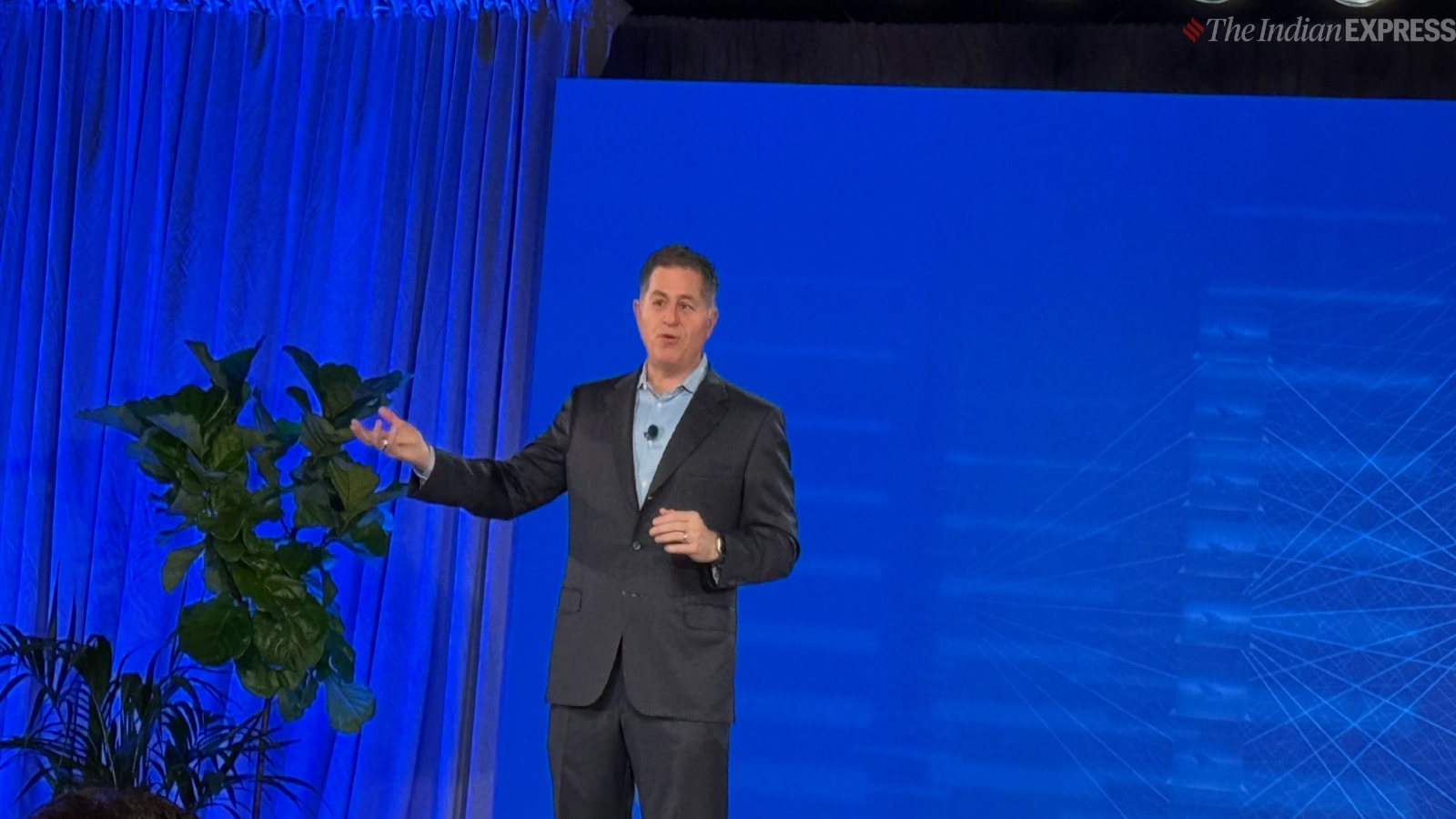Anuj Bhatia is a personal technology writer at indianexpress.com who has been covering smartphones, personal computers, gaming, apps, and lifestyle tech actively since 2011. He specialises in writing longer-form feature articles and explainers on trending tech topics. His unique interests encompass delving into vintage tech, retro gaming and composing in-depth narratives on the intersection of history, technology, and popular culture. He covers major international tech conferences and product launches from the world's biggest and most valuable tech brands including Apple, Google and others. At the same time, he also extensively covers indie, home-grown tech startups. Prior to joining The Indian Express in late 2016, he served as a senior tech writer at My Mobile magazine and previously held roles as a reviewer and tech writer at Gizbot. Anuj holds a postgraduate degree from Banaras Hindu University. You can find Anuj on Linkedin. Email: anuj.bhatia@indianexpress.com ... Read More
CES 2025: Dell switches to a new ‘simplified’ naming scheme for AI PCs in an attempt to be less confusing
Dell PCs have, so far, featured product names based on their commercial and consumer lines.
 Experts say AI-capable PCs are expected to more than triple by 2028, with AI PCs becoming the top trend to follow through 2025 and beyond. (Image credit: Anuj Bhatia/Indian Express)
Experts say AI-capable PCs are expected to more than triple by 2028, with AI PCs becoming the top trend to follow through 2025 and beyond. (Image credit: Anuj Bhatia/Indian Express)Dell Technologies Inc. has announced changes to its AI PC branding strategy, which include moving away from separate product lines like Inspiron and XPS in favour of a simplified portfolio that unifies all PC offerings under the company’s name. The move is expected to simplify the process of choosing PCs, especially as Dell doubles down on artificial intelligence and expands its PC portfolio and services.
Dell PCs have featured product names based on their commercial and consumer lines. The company will soon begin rolling out AI PCs under the unified Dell brand, categorised into three simplified product lines: Dell, Dell Pro, and Dell Pro Max. While Dell represents entry-level products, Dell Pro and Dell Pro Max will cater to consumers seeking professional-grade productivity AI PCs and maximum performance, respectively.
 “We’re announcing a simplified portfolio that unifies our PC brand under the Dell name, and it’s going to make it easier for our customers to do business with us,” said Michael Dell, Chairman and CEO, Dell Technologies, addressing a select group of media at a pre-CES event in New York.
“We’re announcing a simplified portfolio that unifies our PC brand under the Dell name, and it’s going to make it easier for our customers to do business with us,” said Michael Dell, Chairman and CEO, Dell Technologies, addressing a select group of media at a pre-CES event in New York.
The new naming scheme marks a major shift toward AI for Dell, which has been showcasing over the past year how it plans to integrate artificial intelligence not only into personal computers aimed at businesses and consumers but also to accelerate enterprise AI integration. Analysts expect AI PC shipments to reach 205 million units by 2028.
 Dell Technologies Inc. founder and Chief Executive Officer Michael Dell. (Image credit: Anuj Bhatia/Indian Express)
Dell Technologies Inc. founder and Chief Executive Officer Michael Dell. (Image credit: Anuj Bhatia/Indian Express)
“There’s an installed base of 1.5 billion PCs, and it’s ageing. Those PCs will need to be replaced with AI innovation. We have the Windows 10 end-of-life coming, and we at Dell Technologies are ready for this,” Dell added.
The tech industry is rushing to build AI into everyday devices such as PCs and smartphones. However, for Dell, commercial PCs drive a significant portion of its sales, and the company may be targeting businesses with its next-generation AI PCs.
“As AI moves from training in the data centre to inference at the edge, the NPU-enabled PC is foundational to the Dell AI factory as a powerful source of highly efficient, low-latency, low-cost computing. It’s going to change the way work is done. LLMs are becoming more accurate, and they’re also becoming smaller and more efficient. Models are evolving for data centre, client edge, and all sorts of applications. And, of course, we’re moving toward agentic AI.”
As the industry transitions to the next chapter in generative AI, businesses of all sizes are looking to adapt the technology. This is where Dell aims to step in, providing high-performance on-premise infrastructure, complete with service and support.
“I think the software might actually be where the biggest investment is, alongside sourcing multiple silicon vendors. When you look at what Dell is trying to do, it’s really about upgrading people to AI-capable machines, driving upgrade cycles, and encouraging them to move to new systems—whether those systems were purchased during the pandemic or are even older,” said Anshel Sag, Principal Analyst, Moor Insights & Strategy.
When asked how the rebranding exercise might impact Dell and whether it will affect sales, Sag added, “I think it’s a risky move. However, I believe it will be much more beneficial for Dell on the commercial side, where there is already a lot of confusion. The simplification will help them significantly. Dell is predominantly a commercial company, so, in the grand scheme of things, this will streamline their business. On the consumer side, I think they will face challenges with the XPS brand, but if they keep shipping good systems and leveraging the strength of the Dell brand, it will just take some time for Dell Premium and other Dell designations to navigate the challenges of discontinuing legacy lines”.








